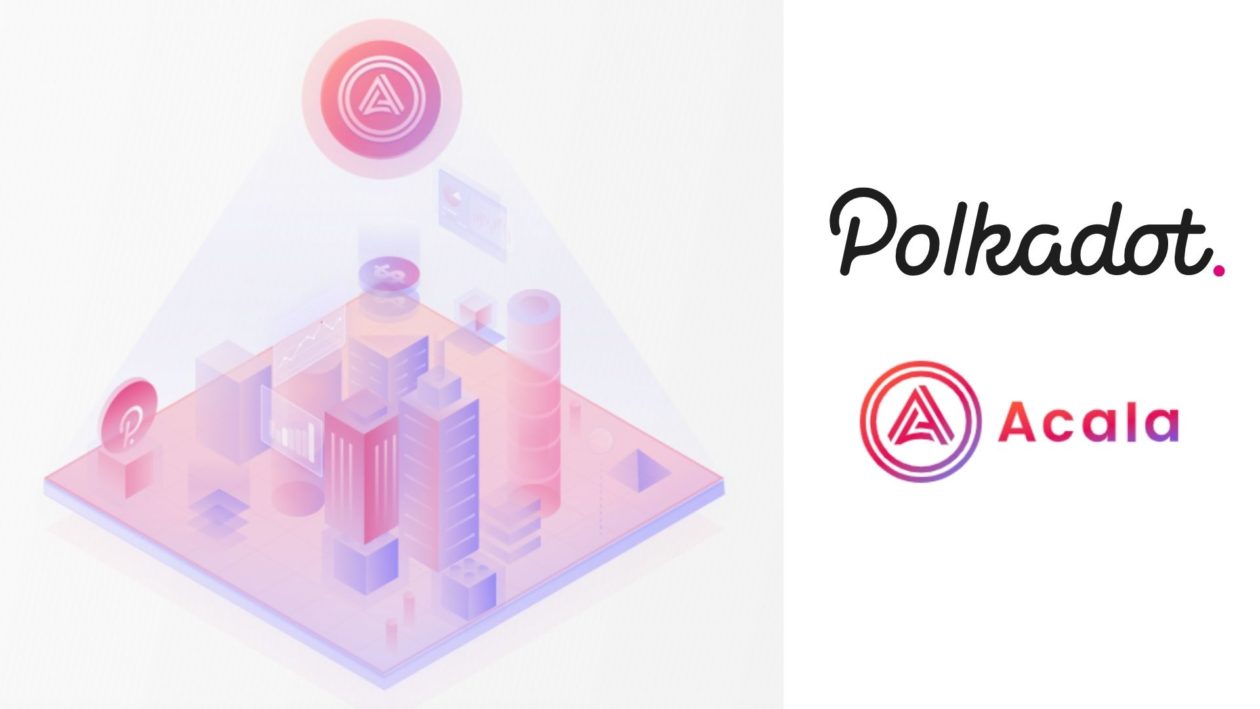Acala, a decentralized finance (DeFi) platform built for the Polkadot ecosystem, this week won the first slot in the Polkadot parachain auction with over 32 million DOT (approximately US$1.3 billion) — the native cryptocurrency of Polkadot — contributed by over 81,000 stakeholders.
Fast facts
- The highly-anticipated first Polkadot parachain auction saw a close fight between the top two contenders Acala and smart contract platform Moonbeam, with Acala eventually narrowly edging out Moonbeam in the seven-day candle auction.
- Polkadot is a blockchain protocol that connects multiple specialized blockchains into a multi-chain network where the individual blockchains — or parachains — connect to and are secured by the Polkadot relay chain. Slot auctions are being used to select the parachains to be added to Polkadot due to the limited number of parachains that can be supported on the main relay chain.
- Acala is a Layer-1 smart contract platform that is Ethereum compatible. Its DeFi applications will include a multi-collateralized stablecoin, staking derivative and a decentralized exchange. In June, Kurara Network — Acala’s sister network on Kusama built with the same code — won the first parachain auction on Kusama, Polkadot’s canary network.
- Acala will be onboarded at block #8179200 (Dec. 18) at the beginning of lease six with the other first five auction winners. The second Polkadot parachain auction is currently underway.
- Founded in October 2019, the Coinbase Ventures-backed Acala has a distributed team in New Zealand, China, Europe, Brazil and the United States. With its impending launch on Polkadot next month, Acala is currently hiring for roles across engineering (Solidity & Rust), product, operations and growth.





